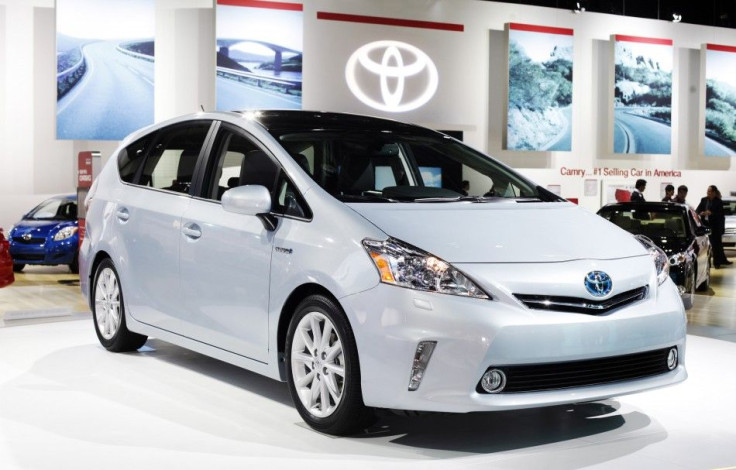Prices of imported Japanese cars will continue to rise in the US

The average transaction prices for key fuel-efficient Japanese imported cars in the United States are starting to creep up in the wake of the quake and tsunami in Japan that caused supply disruptions, according to an analyst.
The 11 March earthquake and tsunami in Japan have shut down the Japanese auto industry, and the supply of Japanese vehicles in the United States is likely to diminish in the short term—and this is starting to drive up prices for certain imported vehicles in the US, says IHS Global Insight's Automotive analyst Aaron Bragman.
He notes that certain highly fuel-efficient smaller models and hybrids sold in the U.S. are mostly made in Japan, though the majority of Japanese-brand vehicles sold in the US are made locally.
The production of new models has come to a grinding halt in Japan owing to the twin troubles of a massive supply disruption and the squeeze in electrical power supply.
Bragman pointed out that the price of Toyota Prius has risen an average of $169 per vehicle in just the past week owing to an anticipated supply crunch.
While Toyota has a 60-day supply of vehicles like the Prius Subaru has a less than 30-day supply and are likely to face issues at dealers across the US.
Honda is not accepting orders just yet for Honda- and Acura-brand vehicles made in Japan owing to supplier component flows and electrical power availability problems, he pointed out. Nearly one-third of Honda's 110 suppliers in northern Japan has been damaged and will not be able to resume production for some time, the automaker has said.
The issues with the Japanese auto industry are quite serious, and the situation is unlikely to return to normalcy any time soon, says Bragman. Besides damaged plants, problems like rolling blackouts, infrastructure damage, and port and shipping issues have hit the sector hard.
With the nuclear catastrophe compounding the problems, a significant percentage of Japan's electrical generating capacity has been taken offline, and is unlikely to be restored soon.
© Copyright IBTimes 2024. All rights reserved.











